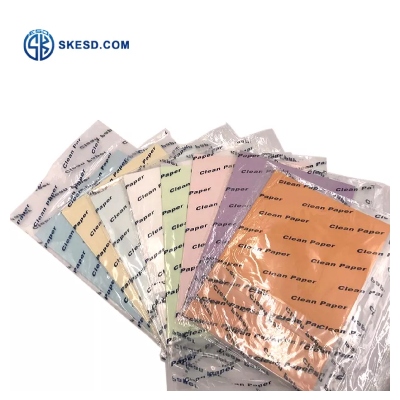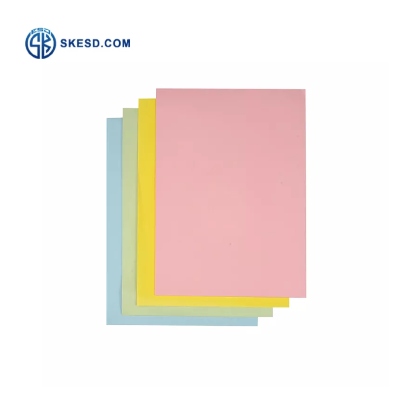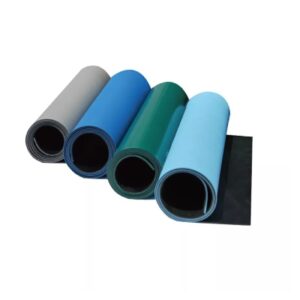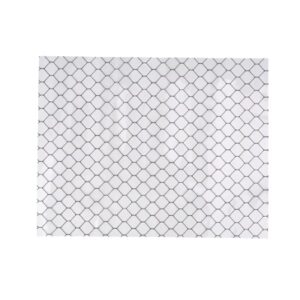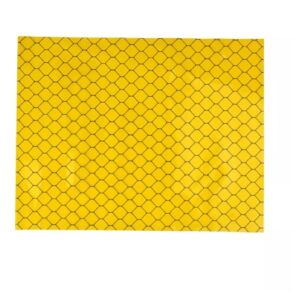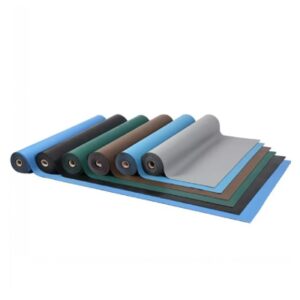Description
Cleanroom Paper
Cleanroom Paper
Low dust generation and anti-static properties meet the stringent requirements of semiconductor, biomedicine and other precision industries for the number of particles.
Adapt to the operation requirements of clean room equipment to avoid mechanical wear or residual contamination.
Provide customized Cleanroom paper and support ESD anti-static and other features.
Specification and Data
Cleanroom Paper (clean room paper) detailed introduction
1. Classification by manufacturing process
Glued dust-free paper (Vicell): formed by latex bonding fluff pulp fibers, suitable for general clean environments.
Heat-sealed dust-free paper (Zorbcor): relies on hot-melt fiber melting and bonding, has higher bulkiness, tensile strength and liquid absorption performance, and is often used in the field of ultra-thin sanitary products.
Comprehensive dust-free paper (Vizorb): combines gluing and heat-sealing processes, taking into account both strength and surface finishing effects.
2. Classification by application
Dust-free security paper: Designed for confidential documents, it prevents information leakage through physical isolation and is suitable for sensitive scenarios such as government and military.
Cleanroom copy paper: Suitable for laser/inkjet printers, with extremely low dust generation (only less than 1/1000 of ordinary paper), and anti-static treatment can reduce interference from electronic components
Specifications and sizes
Common specifications include cleanroom paper A4, A3, 8.5 x 11,etc., which are compatible with standard printing equipment in clean rooms.
Some special scenarios require customized sizes, such as label paper, instrument recording paper, etc.
Colors can be customized according to customer requirements.


cleanroom paper vs regular paper
| Comparison | Cleanroom Paper | regular paper |
|---|---|---|
| Materials and Process | Wood pulp/mica/silk fiber, through special processes such as gluing and heat sealing | Wood or waste paper pulp, simple pulping process |
| Dust resistance | The dust generation is extremely low (≤ 0.1% of ordinary paper), and the fiber shedding is controllable. | Easy to generate dust, loose fibers |
| Anti-static treatment | Surface coating or adding antistatic agent to reduce dust absorption | No anti-static function, easy to accumulate static adsorption particles |
| Applicable environment | High cleanliness scenarios (such as Class 100 clean rooms) | Daily office, printing and other ordinary environments |
| Long-term reliability | Anti-aging, moisture-proof, suitable for long-term archiving | Susceptible to moisture, yellowing, poor durability |
As suppliers of cleanroom paper, we provide customized dust-free paper, support ESD anti-static and other features, and our products can be sold to the North American market.

